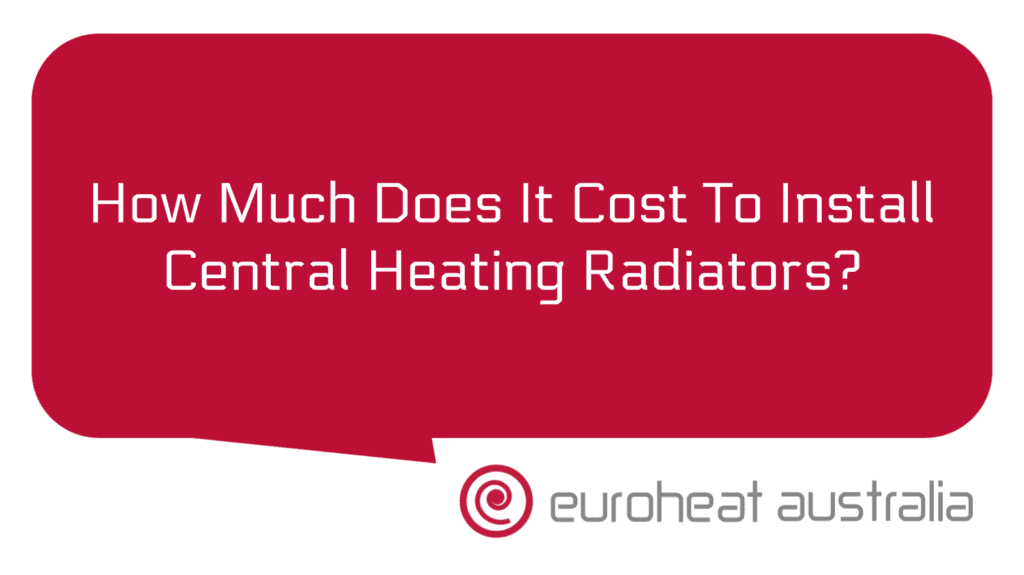If you’re looking for an efficient and cost-effective way to heat your home, you may be wondering how a waste heat hot water system compares to a wood boiler hot water system. Both solutions have their advantages, and the decision ultimately depends on your individual needs and budget.
The most obvious difference between these two systems is their fuel sources – the waste heat hot water system uses heat energy from air conditioning units, while the wood boiler hot water system uses wood. The latter is more traditional and may be more familiar to some homeowners, while the former is a more modern option.
When it comes to efficiency, it’s hard to beat the waste heat hot water system. It can extract up to 80-90% of the energy produced by air conditioning units, making it much more efficient than traditional wood boilers. This means that you can save significantly on energy costs over time. In addition, you won’t need to worry about running out of fuel or needing to restock supplies – as long as your air conditioner is running, the system will be able to produce hot water for your home.
Another big advantage of a waste heat hot water system is its environmental impact. Unlike burning wood for heat, which produces carbon dioxide emissions that contribute to global warming and climate change, this type of system does not emit any greenhouse gases. This means that it can help reduce your carbon footprint and make your home more eco-friendly overall. Additionally, if you install a chill recovery unit with your waste heat hot water system, you can reduce energy consumption by up to 50%.
Finally, when it comes to installation and maintenance costs, waste heat hot water systems are generally cheaper than wood boilers – in fact they can often be installed for half the cost of a regular boiler thanks to their lower complexity and simpler installation process.
For all these reasons, it’s clear that a waste heat hot water system is an excellent option for homeowners looking for an efficient and cost-effective way to heat their homes – but don’t just take our word for it! If you want professional advice from experienced engineers who have been designing hydronic heating & cooling systems in Perth for over 30 years then Euroheat Australia are here to help. Their experienced team will guide you through all aspects of design & construction so that you get exactly what you need in terms of efficiency & cost savings without compromising on quality or safety standards





